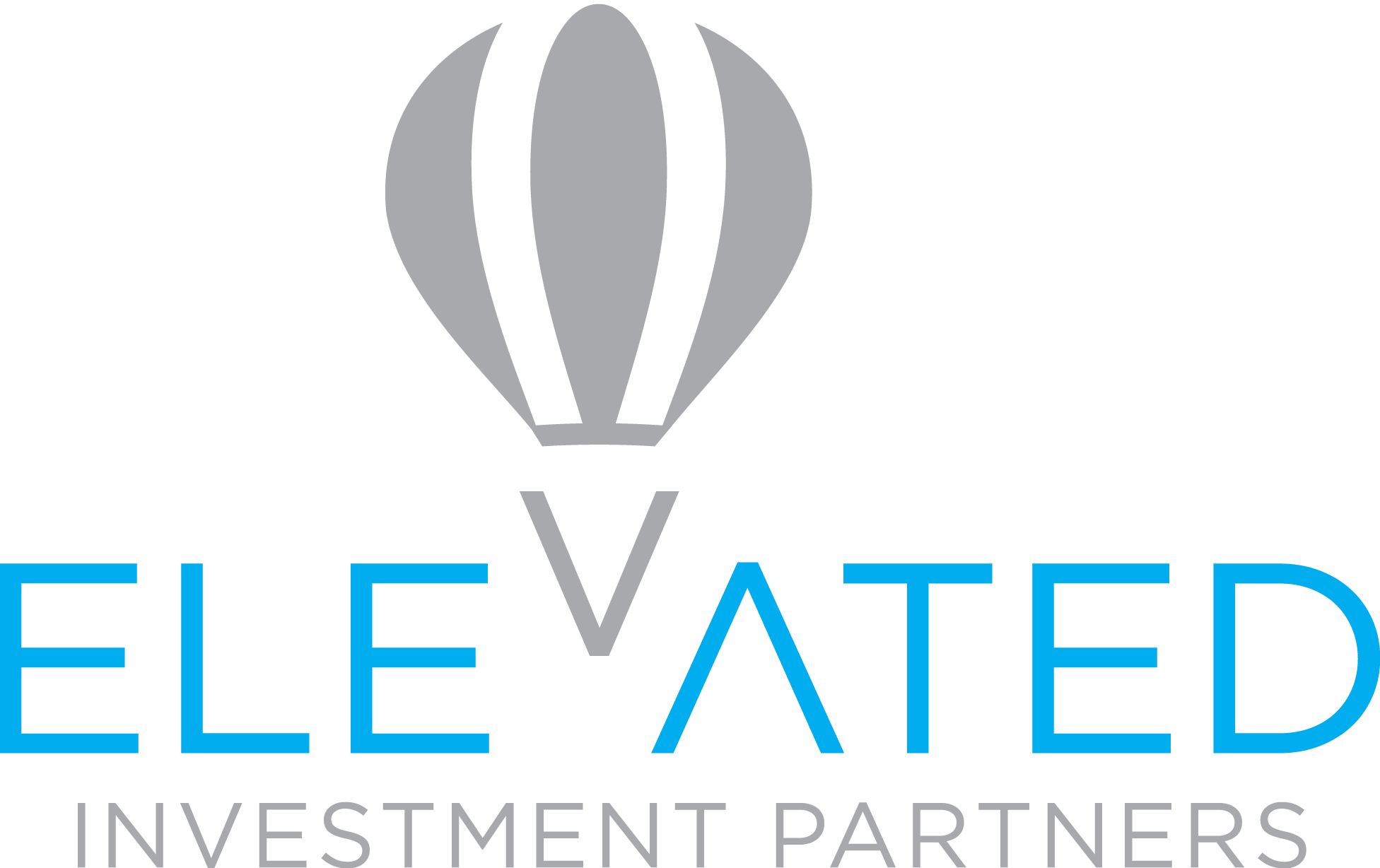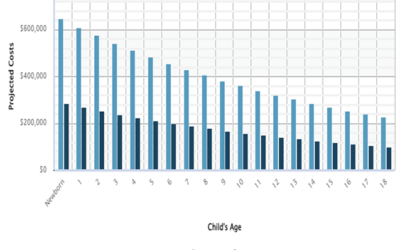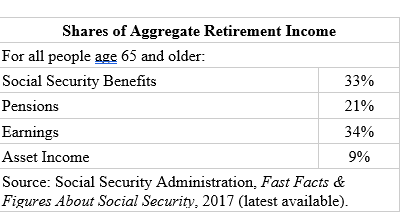Retirement Plan Loans: Do They Make Sense for You?
Is there anything your 401(k) plan can't do? It allows for tax-deferred earnings in traditional accounts and tax-free earnings in Roth-style accounts. And traditional plans enable you to make contributions in pretax dollars, helping to reduce your taxable income. It...
Planning for the Cost of Higher Education
According to the Bureau of Labor Statistics, today's median bachelor's degree recipient receives $1,281 in weekly earnings compared to the $749 made by a typical high school graduate.1 Clearly, one of the best investments you can make for your children is an...
IRS 2024 Contribution Limits Everyone Show Know
Retirement plan contribution limits effective January 1, 2024, include: 401(k) Contributions Increased to $23,000 Catch-up: stayed the same at $7,500 IRA Contributions Roth: increased to $7,000 Traditional: increased to $7,000 Catch-up: stayed the same at $1,000...
Understand the Benefits of a Health Savings Account
A Health Savings Account (HSA) is a tax-advantaged savings account designed for individuals with high-deductible health plans (HDHPs) to help them save for qualified medical expenses. Here are some of the key benefits of having an HSA: 1. Tax Advantages • Tax...
Inflation and Volatility: The Risks of Being Wary
Anxious investors could miss out when trying to avoid turbulent markets. The last time inflation was 10% was in February of 1979. Back then, a suffering economy and a volatile market added to investors’ anxiety. This graph illustrates five choices an equity investor...
Social Security and You: What Does the Future Hold?
Social Security benefits currently represent about a third of the aggregate total income of Americans aged 65 and older, according to the Social Security Administration. For future generations of retirees, Social Security may represent a much smaller percentage of...






